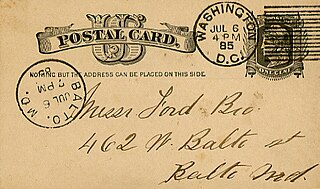This page is based on this
Wikipedia article Text is available under the
CC BY-SA 4.0 license; additional terms may apply.
Images, videos and audio are available under their respective licenses.

Leavitt Township is a civil township of Oceana County in the U.S. state of Michigan. The population was 845 at the 2000 census. It is an agricultural area.
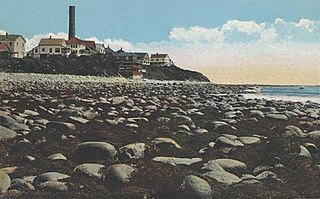
Hampton is a town in Rockingham County, New Hampshire, United States. The population was 14,976 at the 2010 census. Located beside the Atlantic Ocean, Hampton is home to Hampton Beach, a summer tourist destination.
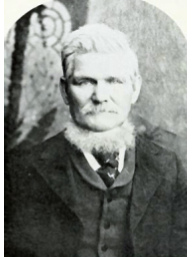
Dudley Leavitt was an early patriarch of The Church of Jesus Christ of Latter-day Saints, a Mormon pioneer and an early settler in southern Utah.
Leavitt is an Anglo-Norman surname variant and may refer to:

Thomas Leavitt House, a brick house built in the nineteenth century in Bunkerville, Nevada, United States, is listed on the National Register of Historic Places.
Leavitt is a hamlet in southern Alberta, Canada within Cardston County, located about 13 kilometres (8 mi) west of Cardston on Highway 5. It falls within the Canadian federal electoral district of Medicine Hat—Cardston—Warner.
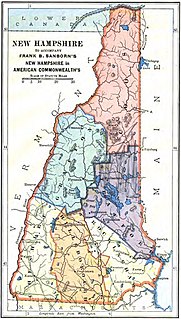
Lieut. Samuel Leavitt (1641–1707) was an early colonial settler of Exeter, New Hampshire, one of the four original towns in the colony of New Hampshire, where Leavitt later served as a delegate to the General Court as well as Lieutenant in the New Hampshire Militia, and subsequently as member of the New Hampshire House of Representatives. The recipient of large grants of land in Rockingham County, Leavitt held positions of authority within the colonial province.

Thomas Rowell "Tom" Leavitt was an early Mormon settler of Leavitt, Alberta, Canada, which the former Utah sheriff and marshal founded at age 53 after an arduous 800-mile (1,300 km) journey in covered wagons, fleeing a crackdown on polygamy that sent fellow Mormons across the border to Mexico and Canada.

Moses Leavitt (1650–1730) was an early settler of Exeter, New Hampshire, where he worked as a surveyor. Later he became a large landowner, and served as selectman, and as a Deputy and later Moderator of the New Hampshire General Court from Exeter. He was the ancestor of several notable Leavitt descendants, including the well-known Meredith, New Hampshire, teacher and almanac maker Dudley Leavitt.
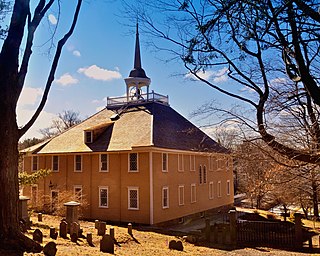
Deacon John Leavitt (1608–1691) was a tailor, public officeholder, and founding deacon of Old Ship Church in Hingham, Plymouth County, Massachusetts, the only remaining 17th-century Puritan meeting house in America and the oldest church in continuous ecclesiastical use in the United States. Hingham's Leavitt Street is named for the early settler, whose descendants have lived in Hingham for centuries.
Frank McDowell Leavitt (1856–1928) was an American engineer and inventor. Leavitt devised one of the earliest machines for manufacturing tin cans and later invented the Bliss-Leavitt torpedo, the chief torpedo weapon used by United States Navy in World War I. Leavitt was part of an emerging cadre of American engineers whose design feats were putting United States manufacturing might on the map at the dawn of the twentieth century.
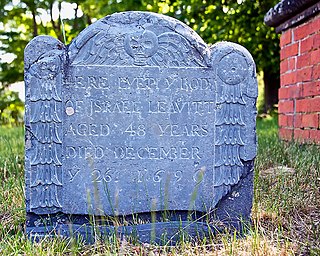
Private Joseph Leavitt (1757–1839) was an early settler of Maine, who moved to what was then the frontier of Massachusetts after serving three months in the Continental Army at the outbreak of the Revolutionary War, and then declaring that he was unable to bear arms in conflict. The conscientious objector declared that he would move to Maine and survey lands for grants to former soldiers. On account of his pacifist sentiments, 'Quaker Joe,' as he became known for the rest of his life, was awarded with a house lot next to the new Turner meetinghouse when it was eventually built.

Rev. Jonathan Leavitt (1731–1802) was an early New England Congregational minister, born in Connecticut, and subsequently the pastor of churches in New Hampshire and Massachusetts, both of which dismissed him from his posts. Several of Rev. Leavitt's descendants became among the most noted abolitionists of their day, even though he himself was dismissed from one pastorate for allegedly abusing his runaway slave, and from another for his Loyalist sentiments.

Humphrey Howe Leavitt was an Ohio attorney and politician who served as a U.S. Representative from Ohio and as a United States District Court judge.

Wilton is a town in Franklin County, Maine, United States. The population was 4,116 at the 2010 census. Situated beside Wilson Pond, the former mill town is today primarily a recreation area.

The Bliss-Leavitt torpedo was a torpedo designed by Frank McDowell Leavitt and manufactured by the E. W. Bliss Company of Brooklyn, New York. It was put into service by the United States Navy in 1904 and variants of the design would remain in its inventory until the end of World War II.

